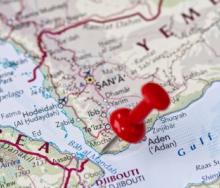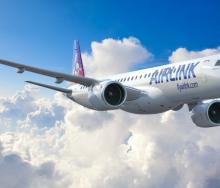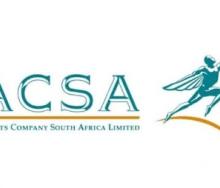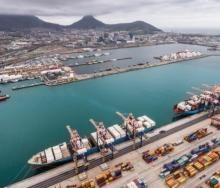Maersk Line has reached agreement with the Oetker Group to acquire German container line, Hamburg Süd, subject to final agreement and regulatory approvals.
Hamburg Süd is the world's seventh largest container shipping line while Maersk takes the number one spot. "Today is a new milestone in Maersk Line's history. Hamburg Süd is a very well-run and highly respected company with strong brands, dedicated employees and loyal customers. Together we can offer our customers the best of two worlds, first of all in the North-South trades," said Søren Skou, CEO of Maersk Line and the Maersk Group.
"Giving up our engagement in shipping after an 80-year-long ownership in Hamburg Süd was not an easy decision for my family. We are very confident, though, to have chosen the best of all possible partners. Maersk will preserve and grow Hamburg Süd and what the brand and the whole organisation and a highly dedicated workforce stand for - reliable and high quality logistical services to our customers," commented Dr August Oetker, chairman of the advisory board of Dr August Oetker KG, the management holding company of the Oetker Group.
"The acquisition of Hamburg Süd is in line with our growth strategy and will increase the volumes of both Maersk Line and APM Terminals," Skou pointed out, adding that Hamburg Süd and Aliança would continue as separate brands and continue to serve customers through their local offices.
"In short, Hamburg Süd and Aliança customers will also be Hamburg Süd and Aliança customers in the future," said Skou.
The acquisition is subject to a satisfactory due diligence final agreement and subject to regulatory approval in amongst others China, Korea, Australia, Brazil, the United States and the EU. Maersk Line expects the regulatory process to last until the end of 2017. Until then, Hamburg Süd and Maersk Line will continue business as usual.
With the acquisition, Maersk Line will have container capacity of around 3.8 million TEUs (3.1 million TEU) and an 18.6% (15.7%) global capacity share. The combined fleet will consist of 741 container vessels with an average age of 8.7 years (9.2 years).













